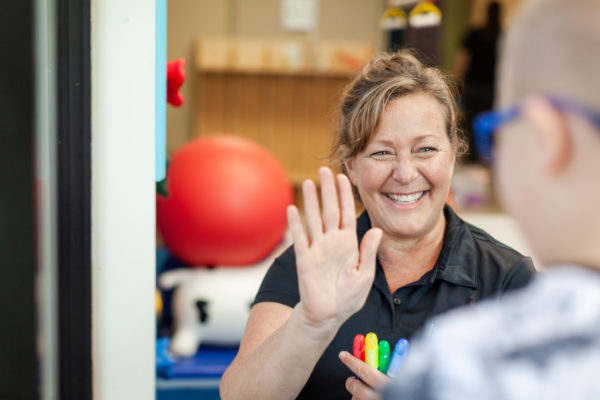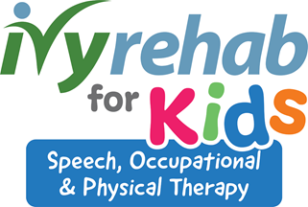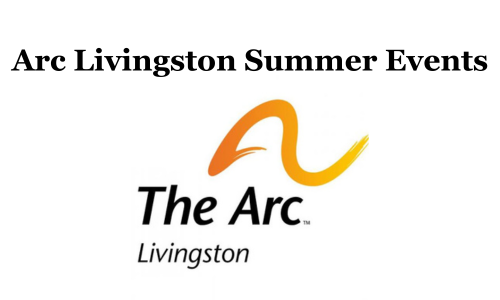
What is Apraxia of Speech?
Childhood Apraxia of Speech, otherwise referred to as apraxia or verbal apraxia, is a label for a motor speech disorder that is affected by poor motor planning abilities. Speech errors are not a result of muscle weakness, but rather, difficulty with coordination of the muscles. This makes it difficult for these children to consistently produce words accurately. The cause of childhood apraxia of speech is unknown, however, it is more prevalent in boys than girls and research shows that there may be a genetic link.
A good way to understand what apraxia of speech may feel like is to think about if someone changed the configuration of your keyboard every time you were about to type on it. It would make typing and getting a message across much more effortful and difficult. It would also become very frustrating after some time. For children with apraxia of speech, communication is more effortful than it is for those with typical speech abilities and can also cause significant frustration. This frustration may also be exacerbated by the fact that many children with apraxia have expressive and receptive language skills within normal limits. This means that they know exactly what they want to say, however, cannot get the words out properly.
Signs of apraxia of speech:
- Poor intelligibility
- Intelligibility is the measure of how much of a person’s speech other people can understand
- Inconsistent errors
- e.g. Child may say “dog” one time, “gog” the next, and “da” another time
- Vowel errors
- Children with speech sound disorders typically demonstrate errors on consonants, whereas, vowel errors are more common in apraxia
- Inconsistent voicing
- To understand voicing in speech production, place your hand on your throat and make a “d” sound, you will feel vibration. Next place your hand on your throat and make a “t” sound, you will not feel any vibration. Notice that these sounds are produced in exactly the same way other than this vibration difference. This is due to voicing. All voiced sounds will cause you to feel vibration when produced.
- Children with apraxia often have difficulties discriminating between voiceless and voiced pairs (k/g, t/d, b/p, s/z, f/v, ch/j, sh/zh)
- Groping
- Apparent effortful/unnatural looking movements of tongue, lips and jaw while attempting to produce words
- Prosody and word stress errors
- Prosody is the rhythm and tones used to make speech sound natural
- Children with apraxia may produce more robotic sounding speech
- Segmentation of words
- Words and sentences may sound choppy due to difficulties moving from one sound to another within words
You can voice these concerns to your pediatrician and ask for a therapy referral or simply call your local pediatric speech-language pathologist directly to schedule an evaluation. At Ivy Rehab for Kids, we have many convenient locations with pediatric speech-language pathologists who specialize in the treatment of apraxia of speech.

Fenton 810-629-0530 – Davison 810-652-8650 – Hartland 810-991-1211
Howell 517-376-4831 – Brighton 734-449-4649
– Rachel Bechard, MS, CCC-SLP
Ivy Rehab for Kids
Hartland, MI
www.ivyrehab.com/location/hartland/




